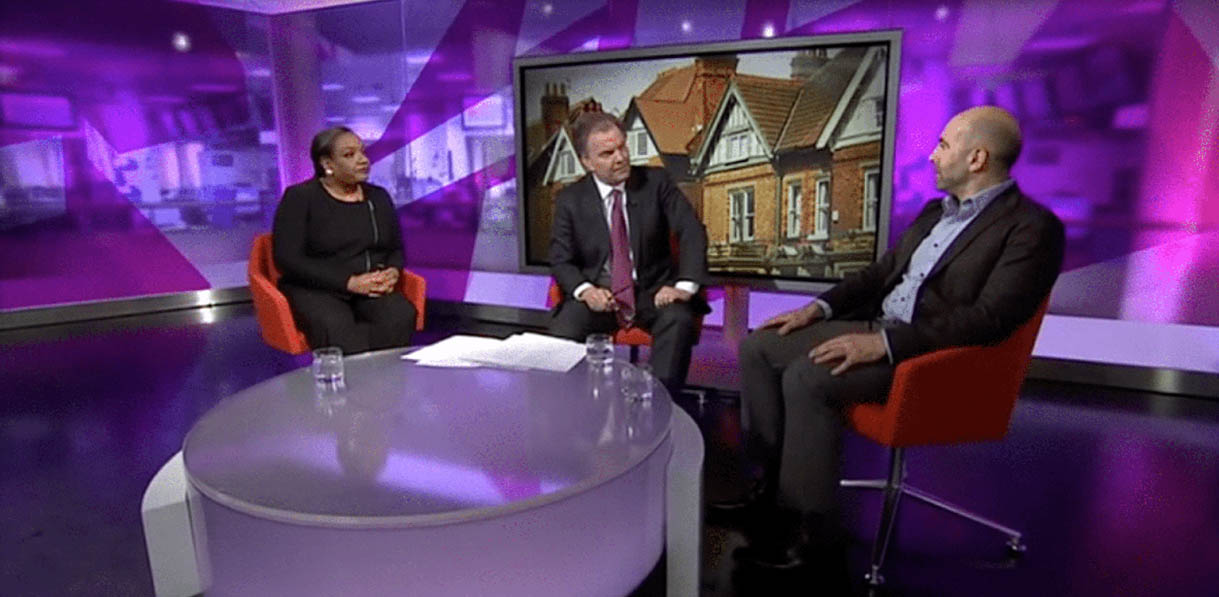 The dust has settled on George Osborne’s budget, well at least most of it, the political fallout of Ian Duncan-Smith’s resignation, I suspect, has only just begun. The chancellor says his government wants to “tax the things it wants to reduce, not the things it wants to encourage.” Having increased stamp duty on purchases by landlords and reduced Capital Gains Tax for everybody except landlords, his position on those of us providing 19% of the UK’s housing stock is clear – we are not welcome. Here’s a summary of all the changes and how they affect landlords.
The dust has settled on George Osborne’s budget, well at least most of it, the political fallout of Ian Duncan-Smith’s resignation, I suspect, has only just begun. The chancellor says his government wants to “tax the things it wants to reduce, not the things it wants to encourage.” Having increased stamp duty on purchases by landlords and reduced Capital Gains Tax for everybody except landlords, his position on those of us providing 19% of the UK’s housing stock is clear – we are not welcome. Here’s a summary of all the changes and how they affect landlords.
Stamp Duty
The SDLT surcharge on additional residential property purchases will come into effect as proposed from 1 April 2016. The main exceptions are if your purchase exchanged prior to 25 November 2015, properties purchased at less than £40,000 are exempt from stamp duty and if you are selling your main home and moving to a new main home. The surcharge will take account of your global portfolio. Additional properties purchased by couples, joint owners, limited companies and parents buying for their children will also be subject to the surcharge. The calculation is assessed based on the day on which you complete your purchase – if you own more than one property on that day you must pay the surcharge. There are three changes following the consultation which ended on 1 February 2016: if you buy a main home and keep the old one, you have up until 3 years, not 18 months, to sell the former main home in order to claim a refund of the surcharge. The chancellor had proposed that companies with 15 or more properties would be exempt from the surcharge, this random rule has been dispensed with and all companies will now pay the surcharge. If a couple buy an additional property because of a permanent split they will now also be exempt from the surcharge as will any purchase involving an inheritance of up to 50% of a property.
Capital Gains Tax
The chancellor has reduced capital gains tax from 28% for higher rate tax payers and 18% for basic rate taxpayers to 20% and 10% respectively, with immediate effect. The new rates do not apply to sales of residential property, the old rates will continue to apply to all but your Principal Private Residence. In effect this is a new levy of 8% on landlords. The move is likely to encourage more people to draw income from investments, like funds and shares.
Mortgage Interest Relief
No change here, tax relief on finance interest at 40% will be phased out over 4 tax years from 2017/18, 25% per year so that from 6 April 2021 only 20% relief will be applied. Note that the way the relief is calculated will change, forcing many into higher tax bands, if you haven’t already spoken to your accountant about this, get an estimate of how much your tax bill will go up and you’ll need a strategy to deal with the changes. According to Savills, only 31% of landlord have mortgages so many won’t be affected. But if you do have mortgages and might be pushed into the higher tax band or already are, buying more property with a buy to let mortgage is likely to be tax inefficient. The 10% wear and tear allowance is also being withdrawn and will not be available in the 2016/17 tax year. Thereafter you can claim relief only for items actually purchased. If possible, don’t buy any new furniture until 6 April 2016.
Corporation & Dividend Taxes
Corporation tax is to be reduced to 17% by 2020. Some landlords are considering buying future properties through a limited company as they will be able to claim mortgage interest relief. But note that you will need a commercial mortgage, often considerably more expensive than buy to let mortgages. Also withdrawing income as dividends will be subject to 7.5% tax over £5,000 from 6 April 2016. These rates increase to 38.1% at the top tax band, so when you sell the property you will pay 17% corporation tax plus the dividend tax to withdraw funds from the company. Before you buy a property through a company, set up a spreadsheet and compare the tax and mortgage costs of owning it personally or through a company so that you make an informed decision. I fear many landlords are panicking into setting up a company when it might not be the best route.
Non-residential stamp duty
Stamp duty rates for non-residential purchases have been changed from the slab system that used to be applied to residential purchases. New rates will be 0% to £150,000, 2% on the portion of purchase price from £150,000 to £250,000 and 5% on the portion over £250,000. The chancellor says that only 9% will pay more than before, meaning that the purchase of commercial or mixed residential and commercial properties under £1million will attract lower stamp duty. Higher purchases will attract significantly more SDLT though and this could be a drag on the higher end of commercial sales in the same way that residential sales over £1million have been affected.
ISAs
The limit for ISAs will be increased to £20,000 from 5 April 2017. This is good news for everybody, including landlords. 65% of us have interest only mortgages and many build up capital to pay off debt using ISAs. A lifetime ISA has been introduced to encourage people under 40 to save up to £5,000 a year until they are 50. For each £4 saved the government will add £1. The funds may be used after one year as a first time buyer’s deposit for a property up to the value of £450,000 or for a pension at age 60. Under 40s can open a lifetime ISA plus a standard ISA but the overall limit will be £20,000.
Tax Bands
Personal tax bands are increasing to £11,000 (basic rate) in April 2016 and £11,500 and £45,000 (higher rate) in April 2017. For self employed people, Class 2 national insurance contributions will be abolished from April 2018, with the promise of a restructure of Class 4 contributions.
‘Micro Entrepreneurs’
People letting rooms or garage space online will be able to earn up to £2,000 before paying tax and the rent a room allowance where you let a room to a lodger will increase to £7,500 from this April. All evidence that the government is keen to promote amateur rather than professional landlords.








